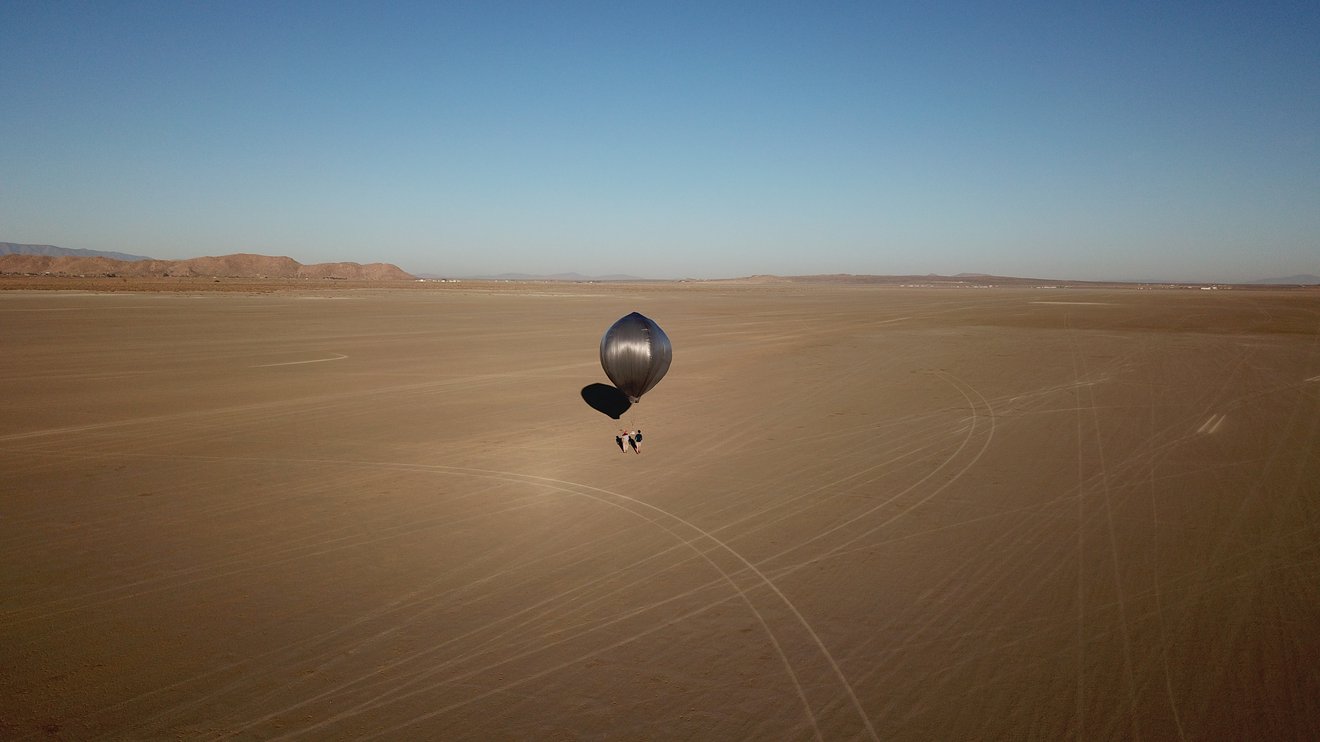Venus is often referred to as Earths twin but size and mass are the only similarities. A visitor to one of our nearest neighbours would experience a very different world at the surface. Unlike other planets in the Solar System, Venus seems to show very little active volcanism. The environmental conditions on the surface are harsh so a researcher has suggested a combination of an orbiter, a balloon and a lander would be able to work together to detect seismic activity under the surface.
Is There Seismic Activity on Venus? Here’s How We Could Find Out


